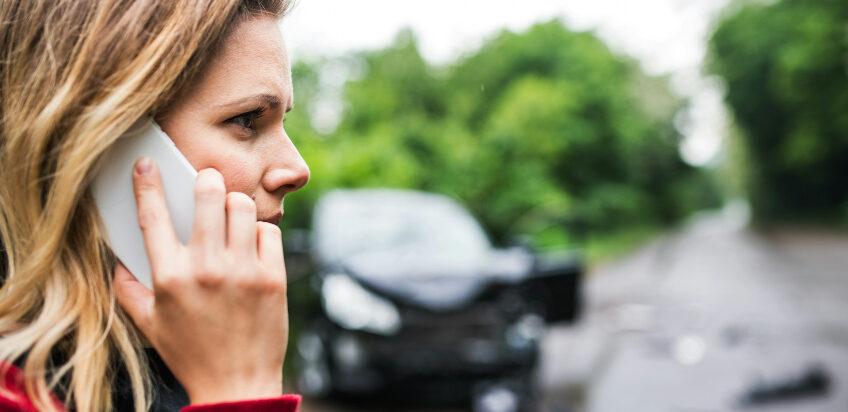Driving in New Jersey means dealing with a wide range of weather conditions—from snowy winters and icy roads to heavy spring rain and summer storms. While poor weather is often a contributing factor in auto accidents, it does not automatically absolve drivers of liability. In fact, New Jersey’s legal system places a duty of care on every driver to operate their vehicle safely regardless of the weather. Understanding how weather conditions impact auto accident liability is crucial for anyone involved in a collision.
Duty of Care in Adverse Weather
Under New Jersey law, all drivers must exercise reasonable care when operating a vehicle. Reasonable care means adjusting one’s driving to account for current conditions. When the weather is poor, this duty may require slowing down well below the posted speed limit, increasing following distance, using headlights, and avoiding sudden maneuvers. A driver who fails to make these adjustments can be found negligent even if the weather made the accident more likely.
For example, a driver who continues to drive at the posted speed limit on icy roads may be considered reckless because a reasonable driver would slow down to maintain control. The law does not allow drivers to simply blame “bad weather” and escape responsibility if their actions contributed to the crash.
Comparative Negligence in New Jersey
New Jersey follows a modified comparative negligence rule. This means that liability can be divided between multiple parties based on their share of fault. If a court finds that a driver was 60% responsible for a crash because they were speeding on a rainy day, they may only recover 40% of their damages from the other party. If a driver is more than 50% at fault, they cannot recover any damages at all.
Weather conditions are taken into account when determining fault, but they usually serve as a factor rather than an excuse. For instance, if two vehicles collide during a snowstorm, investigators will look at whether either driver was traveling too fast for conditions, failed to maintain their lane, or neglected to clear snow and ice from their vehicle before driving.
Evidence Used in Weather-Related Accident Cases
Proving liability in a weather-related accident often requires detailed evidence. Police reports typically document weather conditions at the time of the crash. Photographs of the scene, witness statements, and expert accident reconstruction can show whether a driver lost control due to negligence or unavoidable circumstances. Weather reports and roadway maintenance logs may also play a role, especially if the claim involves government responsibility for untreated roads.
Special Considerations: Black Ice and Hydroplaning
Two of the most common weather-related hazards in New Jersey are black ice and hydroplaning. Black ice is nearly invisible, but drivers are still expected to exercise caution in freezing conditions. Hydroplaning, which happens when tires lose contact with wet pavement, is often preventable by reducing speed and maintaining proper tire tread. In both situations, courts will examine whether a driver could have reasonably anticipated the risk and taken steps to avoid losing control.
Steps to Take After a Weather-Related Accident
If you are involved in an accident during bad weather, document the conditions as thoroughly as possible. Take photos of the road, your vehicle, and any contributing hazards like snowbanks or standing water. Report the incident to police, seek medical care if needed, and notify your insurance company promptly. Consulting with a personal injury attorney can help you determine whether you have a claim and how weather may factor into liability.
Conclusion
Weather can make driving more dangerous, but it does not eliminate a driver’s responsibility to operate safely. In New Jersey, liability for auto accidents is determined by how reasonably each driver responded to the conditions. If one party fails to take appropriate precautions, they can still be held legally and financially responsible for resulting damages. By understanding these rules, drivers can better protect themselves both on the road and in the courtroom.
